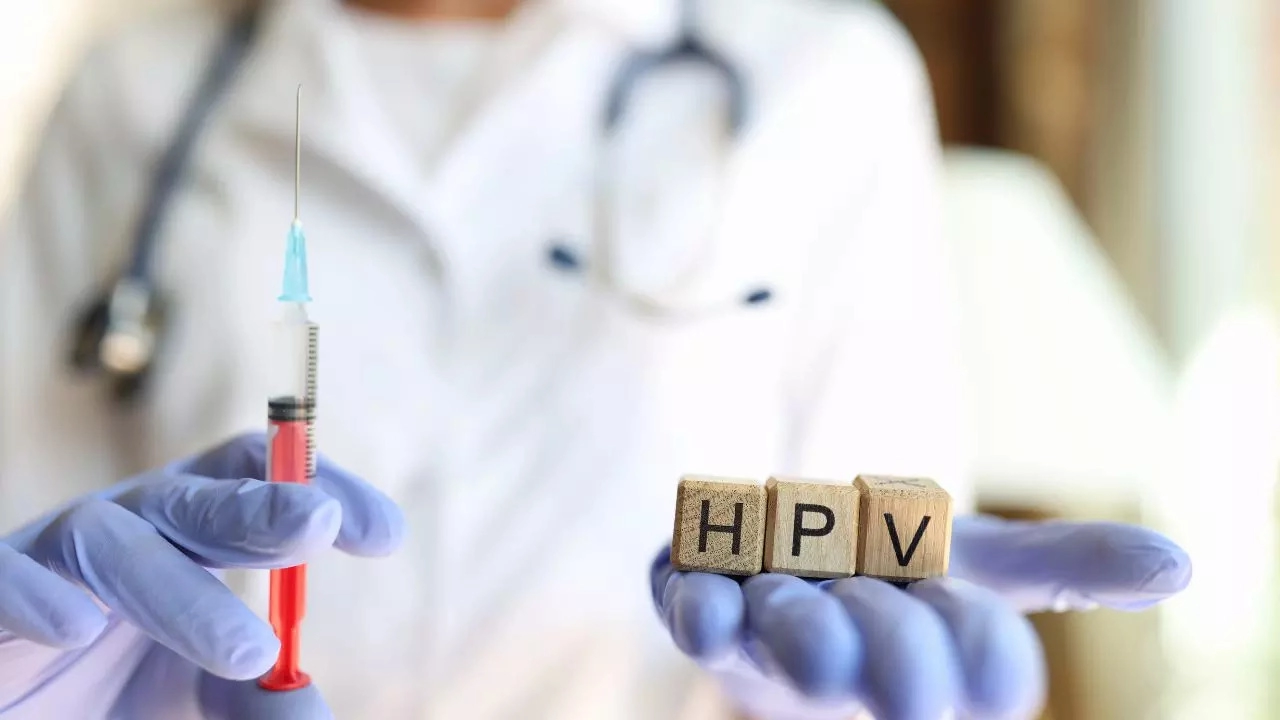Debosmita Ghosh • 27 Aug 2024
High-Risk HPV In Men Linked To Impaired Fertility, Finds Study

High-Risk HPV In Men Linked To Impaired Fertility
A new study has found that men who have the high-risk form of the cervical cancer-causing virus or HPV were found to possess higher amounts of dead sperm which negatively affected their fertility. The study was published in the journal Frontiers in Cellular and Infection Microbiology and conducted by researchers from Argentina, including those from the National University of Cordoba.
HPV, also known as human papillomavirus is a virus that spreads through sexual contact. HPV is known to cause cervical cancer and most cases of cervical cancer happen due to high-risk HPV. HPV is a common virus that affects nearly 80% of sexually active people at some point in their lives. In most cases, the immune system fights off the disease, however, in certain cases, the immune system can’t get rid of the virus and the infection persists for long which eventually progresses into cancer. HPV not only causes cervical cancer but can also cause mouth, throat, head and neck cancers.
HPV has high-risk and low-risk viruses. The researchers in the study explained that while the former is known to pose a high risk for developing malignancies and the latter is known for causing largely benign warts or marks. For the study, the researchers looked at the quality of 205 adult men’s semen.
The researchers found that about a fifth of them, or 39, tested positive for HPV; 20 had the high-risk form of the virus, seven with the low-risk form and 12 whom the team could not identify as high-risk or low-risk. The 39 HPV-positive men were compared with 43 HPV-negative men.
While the semen quality of men across these groups did not differ, upon looking more closely, the researchers found that the samples taken from the men infected with the high-risk virus contained a significantly lower count of immune cells known to help fight infection; CD45+ white blood cells.
Virginia Rivero, a professor at the National University of Cordoba and senior author of the study said that the lower count of immune cells seen in these samples was a result of the HPV’s known ability to dodge an immune response. The researchers said that this would lead to fewer white blood cells moving to the site of HPV infection, thereby impairing their ability to clear this infection.
The researchers also found evidence that sperm of the men infected with the high-risk version of the HPV could suffer repeated damage due to oxidative stress, judging by these men’s elevated production of reactive oxygen species (ROS). While low levels of ROS are a product of normal sperm function, elevated levels can lead to rupturing of cells’ outer covering, breaks in genetic material and cell death.
Consistent with this, the researchers found more numbers of dead sperm cells in HPV-positive men having the high-risk virus. The authors said, “... higher frequencies of ROS+ dead spermatozoa were shown by HR-HPV infected individuals with respect to those infected with LR-HPV genotypes.”
Rivero said, “We concluded that men infected with high-risk risk HPV, but not men infected with low risk-HPV, show increased sperm death due to oxidative stress and a weakened local immune response in the urogenital tract.”
The results suggested that men infected with the high-risk form of the virus could have impaired fertility, Rivero said.
(With inputs from PTI)
Get Latest News Live on Times Now along with Breaking News and Top Headlines from Health and around the world.